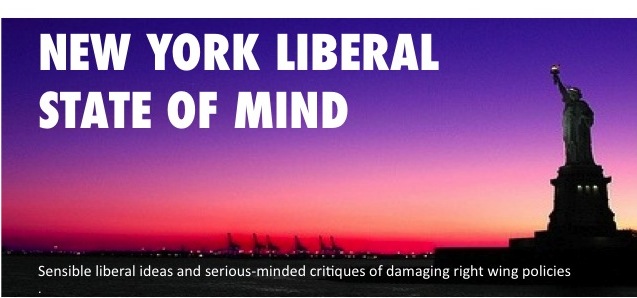What can a closed society really produce? That which is safe, proven, nonthreatening. Thus it is with China.
Even modestly open societies such as Japan and South Korea are more capable of innovation than a closed system like the one in China.
Taking the idea of copying to its ultimate extreme, in January a Counterfeit Mall opened in Nanjing (click). It's a stunningly offensive idea, although not much more than Canal Street in New York, where many of the same fake brands made in the same shoddy way are sold under the nose of New York City authorities.
Why should we care? As the currency of advanced countries becomes more enmeshed with intellectual property, that currency becomes the source of our wealth. Agree or disagree with the value of the real liquids in PepsiCo's products, or the quality of Izod shirts, the people who own those brands have spent decades investing in their images, enhancing their desirability. And they've spent billions.
Moreover, products that rely almost solely on intellectual development - movies, books and music - take an enormous economic hit when illegal or pirated copies flood the market worldwide. One can argue that George Clooney or The Beatles don't really need the extra dollars that the fakes drain away. But, that money also ends up not going to small bit players and staff, and importantly is not re-invested in the companies that produce our intellectual or cultural products. So, lower earners, from the go-fer getting coffee for the main actors, to the gaffers, electricians and so forth are penalized by not having unrealized profits plowed back into new productions. Jobs are literally stolen.
Here are a few other examples of counterfeit brands and some of the not so pretty effects counterfeiting engenders. Click on the brand name:
Monday, March 29, 2010
Subscribe to:
Post Comments (Atom)





No comments:
Post a Comment